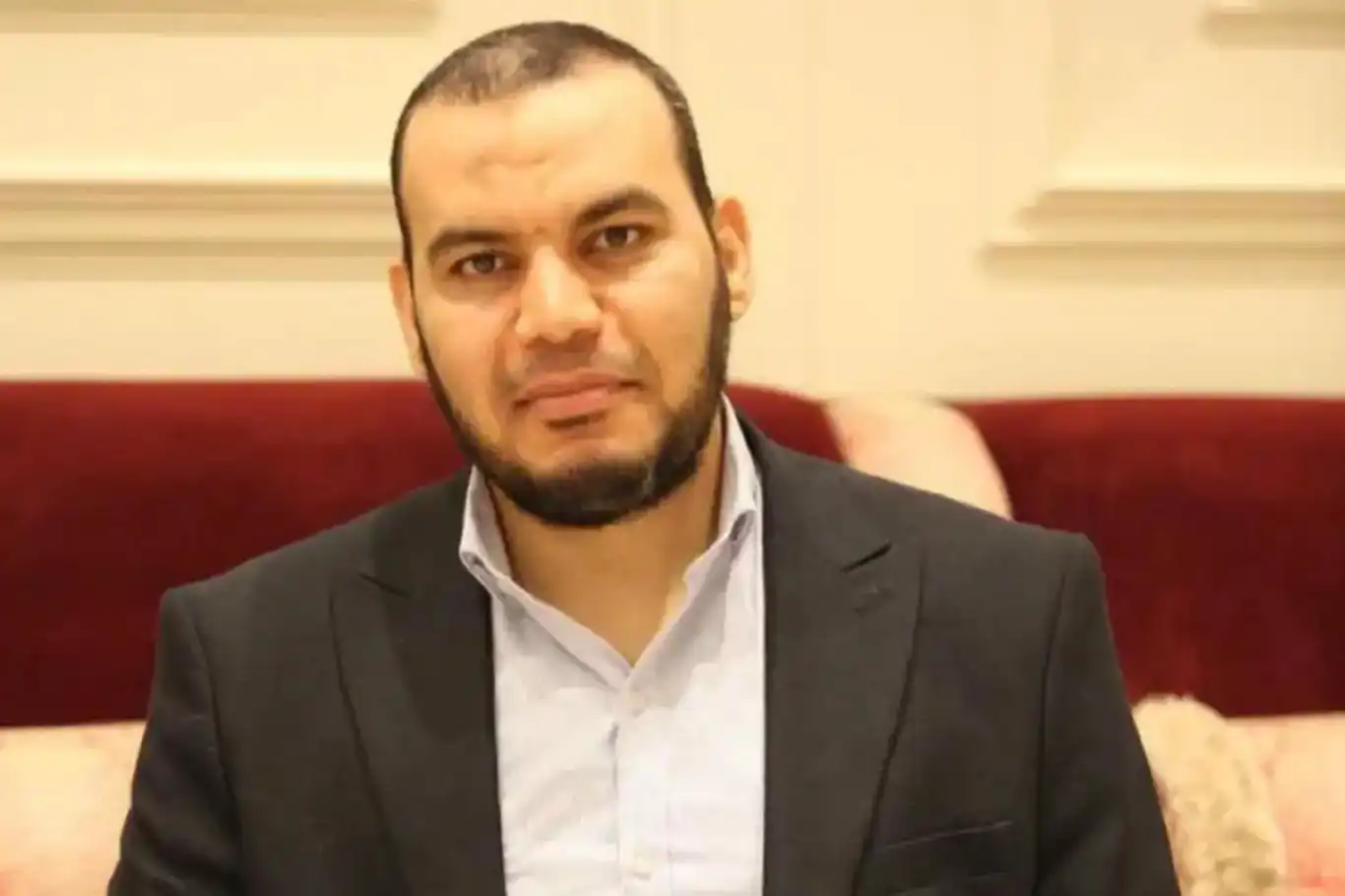Türkiye faces outcry over deportation of Egyptian dissident Mohamed Abdelhafız Abdalla


Türkiye is facing mounting criticism from human rights organizations and civil society groups following the deportation of Egyptian writer and educator Mohamed Abdelhafız Abdalla, a prominent dissident who had sought refuge in the country for nearly a decade.
Abdalla, 40, was detained at Istanbul Airport earlier this week upon returning from a business trip to an African country, and was subsequently deported under murky circumstances, despite holding valid residency and having no criminal charges in Türkiye.
Abdalla, a vocal opponent of Egypt’s 2013 military coup and a known critic of President Abdel Fattah el-Sisi, fled to Türkiye in 2017 to escape political persecution. His arrest and sudden deportation have ignited fears that he may be handed over to Egyptian authorities, where he could face torture, enforced disappearance, or even execution.
Human rights lawyer Gülden Sönmez condemned the deportation, calling it a violation of Türkiye’s legal and moral obligations. In a statement on social media platform X, Sönmez wrote: “Those who seek refuge in our country from death and torture are entrusted to the Turkish people. How is it that people granted asylum under Turkish law are sent into the unknown—sometimes to torture and death?” She demanded accountability from Turkish authorities and questioned the legal grounds for separating Abdalla, a father of four, from his family.
According to his wife, Abdalla was detained due to a “threat code” linked to accusations from Egypt’s Interior Ministry, which alleges he is affiliated with the Hasm movement—considered an armed faction of the Muslim Brotherhood by Cairo. The family, however, maintains that Abdalla has no political involvement and is being targeted solely for his past activism and writings.
“We were told nothing. One moment he was at the airport, the next he disappeared,” his wife said. “We are terrified that he has already been sent to Egypt.”
Ahmet Ali Muhammed, a relative, made a public appeal to President Recep Tayyip Erdoğan, urging him to allow Abdalla’s return to Türkiye. “He is an educator, a father, and a peaceful man. If he is returned to Egypt, he will be executed,” he warned.
Civil society groups in Türkiye and abroad have rallied to Abdalla’s defense, drawing comparisons to the case of Mohamed Hussein, another Egyptian deported from Türkiye in 2019 who reportedly endured torture and has since gone missing. “This deportation violates Türkiye’s obligations under the principle of non-refoulement,” several organizations said in a joint statement, referencing the international legal standard that prohibits returning individuals to countries where they face serious harm.
The deportation has reignited concerns about Türkiye’s shifting stance toward Egyptian exiles, particularly members of the Muslim Brotherhood and critics of the Sisi regime. Since the 2013 coup, thousands of Egyptians have fled to Türkiye, long seen as a haven for political dissidents. However, recent diplomatic overtures between Ankara and Cairo have raised fears of a changing policy.
According to regional reports, Egyptian officials recently provided Turkish counterparts with a list of wanted individuals, including alleged recordings of anti-government activities conducted from Turkish soil. Turkish media outlets have suggested that further expulsions of Egyptian dissidents may follow, as part of Ankara’s efforts to normalize ties with Cairo.
Critics argue that political expediency is now taking precedence over human rights. “This is a betrayal of the thousands who believed Türkiye was a place of safety,” one activist said. “How can we trust Türkiye when it begins handing people back to regimes known for repression and torture?”
As of Thursday evening, there was still no official statement from Turkish authorities regarding Abdalla’s final destination or legal status. His family, legal team, and supporters continue to demand clarity, accountability, and immediate intervention from the highest levels of government.
With pressure mounting from domestic and international rights groups, the case of Mohamed Abdelhafız Abdalla is shaping into a critical test of Türkiye’s commitment to human rights, refugee protection, and the principles it has long claimed to uphold. (ILKHA)
LEGAL WARNING: All rights of the published news, photos and videos are reserved by İlke Haber Ajansı Basın Yayın San. Trade A.Ş. Under no circumstances can all or part of the news, photos and videos be used without a written contract or subscription.
President Recep Tayyip Erdoğan spoke to the press following Friday prayers at Hz. Ali Mosque in Istanbul, addressing the nation’s ongoing battle against wildfires, mediation efforts in the Russia-Ukraine conflict, and the growth of Türkiye’s defense industry.
As the new academic year approaches, the Hope Caravan Foundation (Umut Kervanı Vakfı) has launched its annual “Let the School Bell Ring with Hope” campaign, aiming to provide essential school supplies to tens of thousands of students across Türkiye and beyond.
Nuclear negotiations between Iran and the European troika—comprising the United Kingdom, France, and Germany—commenced on Friday morning at Iran’s consulate in Istanbul.
A powerful explosion late Thursday night at an oil drilling site operated by the Turkish Petroleum Corporation (TPAO) has left seven workers injured, two of them critically, according to local officials.